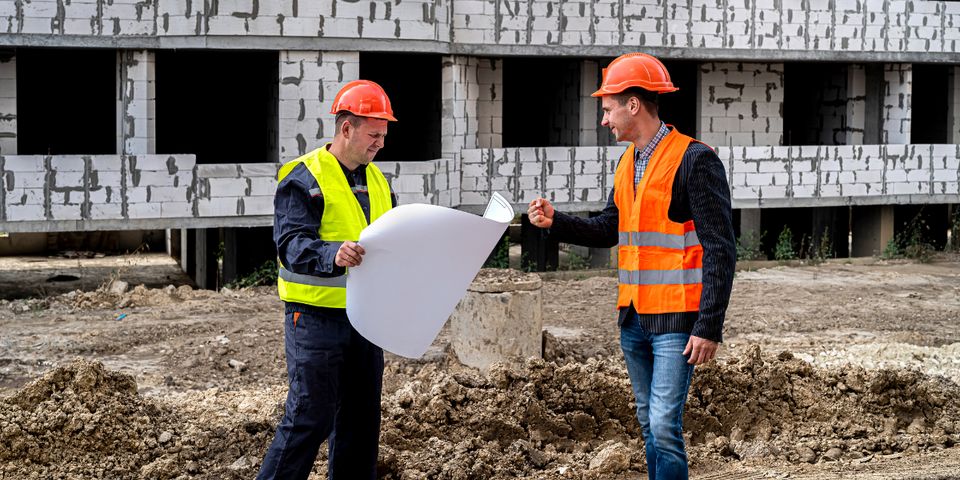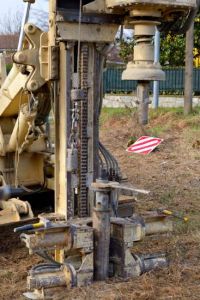
Soil testing determines the composition of the soil to help builders figure out the proper foundation for any construction. However, many avoid this pre-construction step to hasten the building process. Use this guide to learn more about soil testing and why this step is necessary before building a house.
What Is Soil Testing?
Soil testing, also known as geotechnical investigation, is a pre-construction step to analyze the ground's engineering properties and bearing capacity. Two common tests allow builders to assess the quality of soil for construction.
The first one is the moisture content analysis using the oven drying method. This method puts the weighted sample in the oven and allows it to dry at 230 Fahrenheit ± 5 for 24 hours. Then, the difference between the weight of the undried and dried soil is considered the moisture content.

The second test is the dry density analysis using the core cutter method. This process uses a cylindrical core cutter to cut through the ground and lift the sample. The dry density formula calculates the sample, which then categorizes the ground material if it is dense, medium dense, or loose.
Other tests like the proctor's compaction analysis determine the compaction ability of the soil, the gravity test uses a pycnometer to assess the specific gravity of the sample, and the atterberg limits test measures the critical water contents of the ground.
Why Is Soil Testing Important in Construction?
- Avoid Collapse and Accidents: Assessing the moisture content determines if there is excess moisture that can cause corrosion. As a result, builders use a fill drying method to correct the moisture content for maximum compaction.
- Determine Strength: The density and moisture content allows builders to assess if the water molecules in the soil are enough to sustain the weight of the construction. It helps in figuring out the length and depth of the pillars for the home's foundation.
- Choose Proper Construction Material: Analysis reveals each ground component. If the ground contains sulfur, the builders can add sulfur-resistant cement to protect the foundation.
If you need soil testing, reach out to Oettinger Excavating & Septic, Inc. in Rhinelander, WI. For over 20 years, this licensed and insured business has provided residential and commercial clients throughout the Oneida county area with reliable services to prepare construction sites for a new build, including excavation and demolition. In addition, they offer plumbing solutions for septic system problems, such as septic inspections and sewer line repairs. Visit them online to learn more about their business, or call (715) 369-2872 to request a free estimate.
About the Business
Have a question? Ask the experts!
Send your question

